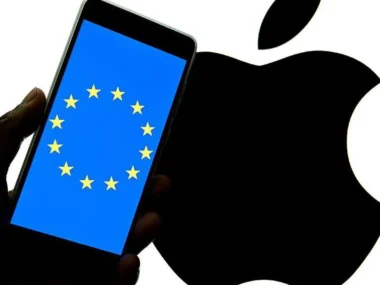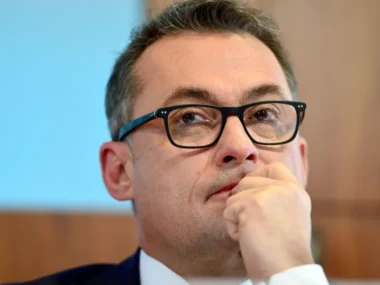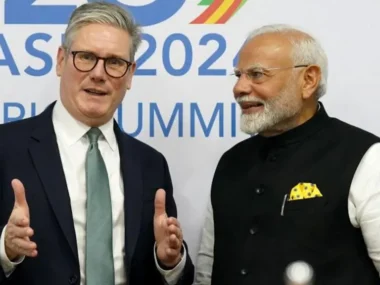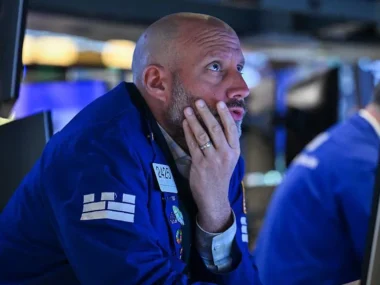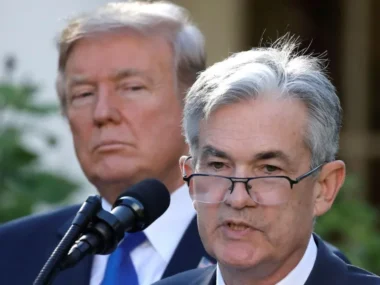Elon Musk announced that he would reduce his involvement in Donald Trump’s administration following a significant decline in Tesla’s profits and revenues for the first quarter of 2025.
Tesla’s sales dropped, and Musk faced backlash for his political activities, which led to protests and boycotts of the company. The electric vehicle maker reported a 20% decline in automotive revenue and a more than 70% fall in profits compared to the previous year.
The company warned investors of potential continued difficulties, citing the impact of “changing political sentiment” on demand, but refrained from offering a growth forecast.
Musk’s political role, particularly his involvement in Trump’s Department of Government Efficiency (Doge), was a contributing factor to his shift in focus away from Tesla. He donated over $250 million to Trump’s re-election campaign and took on leadership of Doge, aimed at cutting federal spending and reducing the government workforce.
Starting next month, Musk plans to significantly reduce his time spent on Doge, dedicating just one or two days per week to the initiative, as long as it remains useful to the president.
Despite the criticism, Musk defended his work in Doge as essential, claiming that much of the organizational work has been completed. Tesla’s quarterly revenue stood at $19.3 billion, a 9% decline from the previous year and below analysts’ expectations, partially due to price cuts intended to attract more customers.
The company also pointed to the impact of Trump’s tariffs on China, which affected Tesla’s supply chain and costs, given the reliance on Chinese-made parts for U.S.-assembled vehicles. The company warned that evolving trade policies and political changes could negatively affect demand in the short term.
Musk has previously clashed with other Trump administration figures, such as trade adviser Peter Navarro, over trade policies.

The recent decline in the company’s performance coincides with growing criticism of Musk’s involvement in the Trump administration.
Earlier this month, Musk called Navarro a “moron” in response to Navarro’s remarks about Tesla. Navarro had claimed that Musk wasn’t a car manufacturer but rather a “car assembler” in many cases.
On Tuesday, Musk stated that Tesla was the car company least impacted by tariffs due to its localized supply chains across North America, Europe, and China. However, he acknowledged that tariffs remain challenging for a company with narrow profit margins.
“I’ll keep pushing for lower tariffs, but that’s all I can do,” Musk said.
Tesla also highlighted that artificial intelligence would drive future growth, though investors have been skeptical of such claims in the past.
As of Tuesday’s market close, Tesla’s shares had dropped about 37% this year, though they saw a more than 5% increase in after-hours trading following the earnings report.
Dan Coatsworth, an analyst at AJ Bell, noted that expectations for the company were at “rock-bottom” after Tesla reported a 13% decline in car sales for the quarter, marking the lowest level in three years.
Coatsworth warned that Tesla faces intense competition and highlighted the risks of disruptions to global supply chains due to Trump’s trade war.
“Tesla’s challenges are growing,” he concluded.


